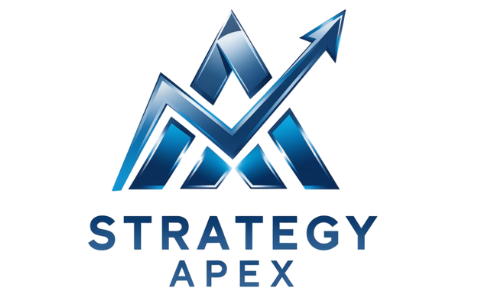Ever wondered why you keep hitting that sell button right before a massive rally? Welcome to the wild world of trading psychology, where your biggest enemy isn’t the market – it’s yourself!
As a relatively new trader who’s taken a few punches from the market, I’ve learned that success has less to do with fancy indicators and more to do with what’s happening between your ears. Let’s dive into some real talk about trading psychology.
The Fear Factor Remember that time you were so sure about a trade, but chickened out at the last second? Yeah, me too. Fear is like that backseat driver who won’t shut up about potential disasters. While healthy caution is good, paralyzing fear is your portfolio’s worst nightmare.
FOMO: Your New Frenemy The Fear Of Missing Out – we’ve all been there. You see a stock rocketing up, and suddenly you’re throwing your carefully planned strategy out the window faster than a hot potato. FOMO is that friend who convinces you to make bad decisions at 2 AM.
The Revenge Trade Trap Lost money on a trade? That burning desire to “get it back” immediately is about as helpful as trying to catch a falling knife while blindfolded. Trust me, I’ve got the emotional scars to prove it!
How to Get Your Head in the Game:
- Keep a trading journal (your future self will thank you)
- Set rules and actually follow them (revolutionary, I know!)
- Accept that losses are part of the game
- Don’t trade with money you can’t afford to lose
- Take regular breaks (Netflix counts as self-care)
In the end, mastering trading psychology isn’t about eliminating emotions – that’s impossible unless you’re a robot (and even AI has its quirks!). It’s about recognizing your emotional patterns and learning to work with them, not against them. Remember, even the most successful traders face psychological challenges; they’ve just learned to manage them better. So next time you feel that urge to panic sell or FOMO buy, take a deep breath, consult your trading journal, and remind yourself that sustainable success in trading is a marathon, not a sprint. Your mind truly is your best asset – invest in it wisely!
